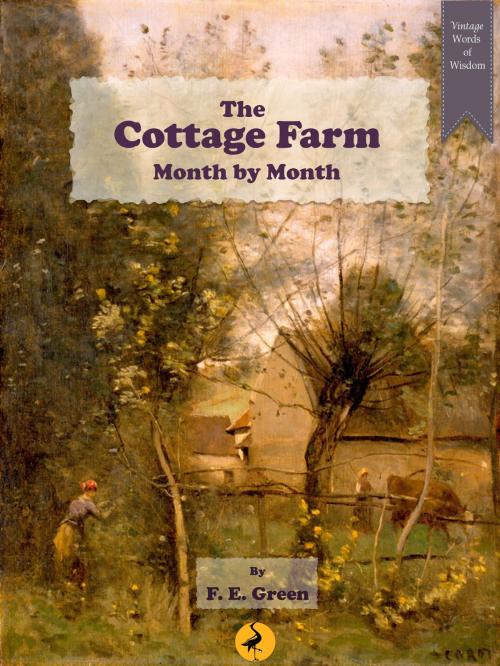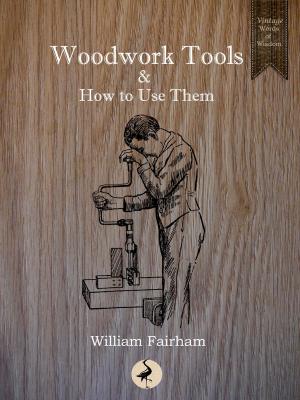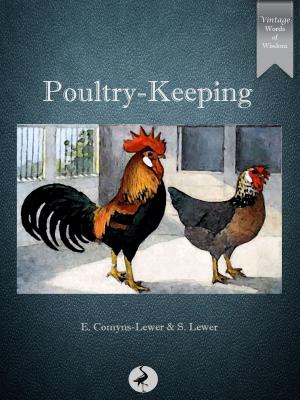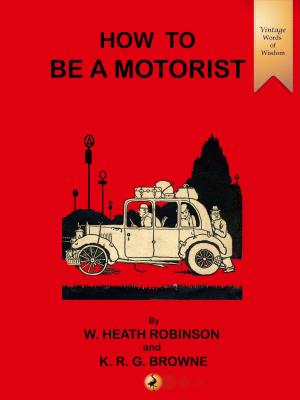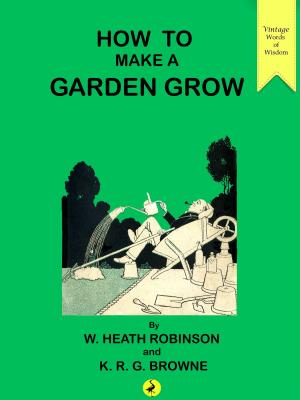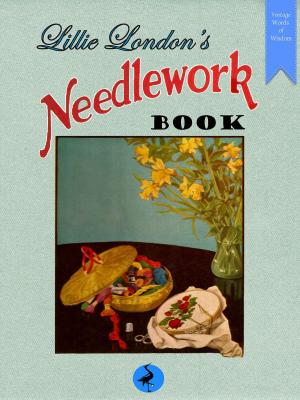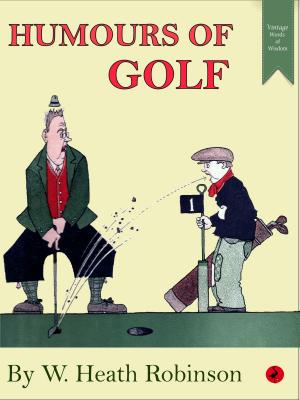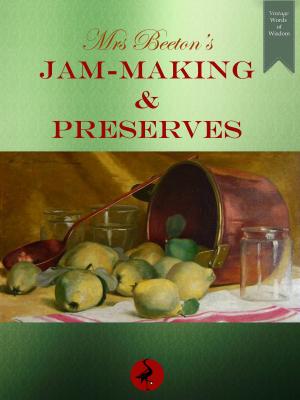| Author: | F. E. Green | ISBN: | 9781910226070 |
| Publisher: | RHE Media Limited | Publication: | June 6, 2014 |
| Imprint: | RHE Media Limited | Language: | English |
| Author: | F. E. Green |
| ISBN: | 9781910226070 |
| Publisher: | RHE Media Limited |
| Publication: | June 6, 2014 |
| Imprint: | RHE Media Limited |
| Language: | English |
This Vintage Words of Wisdom title, published in 1912, provides us with a charming evocation of life on an English smallholding at the beginning of the twentieth century. Describing the farming year month by month, The Cottage Farm offers us a vivid picture of the daily challenges and joys the author, Mr Green, experiences. There are moments of humour and sadness, protests about government policy and the behaviour of the local hunt, as well as reflections on the natural world. The author often faces hardship and this certainly wasn't the Good Life. However, he also enjoys the many compensations of a self-sufficient rural existence.
The smallholding is actually not that small, nor is it a hobby farm, for Mr Green grows a wide range of crops, orchard fruit, soft fruit and vegetables, and he has cows (his beloved Kerries), chickens (White Orpingtons), pigs and bees. He is ably supported by Tommy the cart horse, Two Bob the dog and the curmudgeonly and picaresque Snowey, whose lurchers 'have a nose for a rabbit'. This charming book is full of practical advice and words of wisdom. Mr Green tells us about profitable varieties of fruit and vegetables, how to look after chickens in order to get them to lay well, and proffers advice on fertilizer, caring for bees in winter and many other things besides.
The Cottage Farm is for all those who enjoy the rural life and those who hanker after moving to the country, having their own smallholding and achieving practical self-sufficiency. It is also perfect for anyone who enjoys reading nostalgic descriptions of days gone by in the English countryside. We have illustrated the chapters with paintings that reflect rural life in the late-nineteenth and early-twentieth centuries. As the book is short it won't detain you long but it will leave a lasting impression of country lives lived in the golden years just before the First World War.
This Vintage Words of Wisdom title, published in 1912, provides us with a charming evocation of life on an English smallholding at the beginning of the twentieth century. Describing the farming year month by month, The Cottage Farm offers us a vivid picture of the daily challenges and joys the author, Mr Green, experiences. There are moments of humour and sadness, protests about government policy and the behaviour of the local hunt, as well as reflections on the natural world. The author often faces hardship and this certainly wasn't the Good Life. However, he also enjoys the many compensations of a self-sufficient rural existence.
The smallholding is actually not that small, nor is it a hobby farm, for Mr Green grows a wide range of crops, orchard fruit, soft fruit and vegetables, and he has cows (his beloved Kerries), chickens (White Orpingtons), pigs and bees. He is ably supported by Tommy the cart horse, Two Bob the dog and the curmudgeonly and picaresque Snowey, whose lurchers 'have a nose for a rabbit'. This charming book is full of practical advice and words of wisdom. Mr Green tells us about profitable varieties of fruit and vegetables, how to look after chickens in order to get them to lay well, and proffers advice on fertilizer, caring for bees in winter and many other things besides.
The Cottage Farm is for all those who enjoy the rural life and those who hanker after moving to the country, having their own smallholding and achieving practical self-sufficiency. It is also perfect for anyone who enjoys reading nostalgic descriptions of days gone by in the English countryside. We have illustrated the chapters with paintings that reflect rural life in the late-nineteenth and early-twentieth centuries. As the book is short it won't detain you long but it will leave a lasting impression of country lives lived in the golden years just before the First World War.
